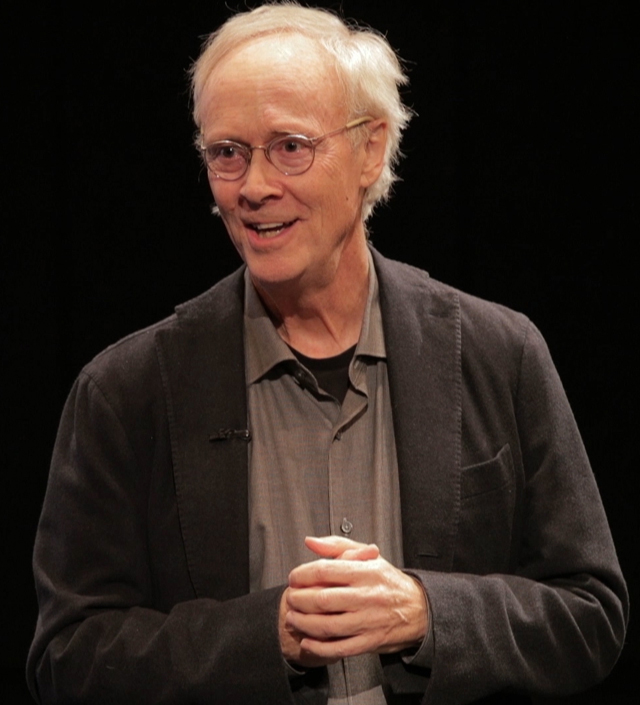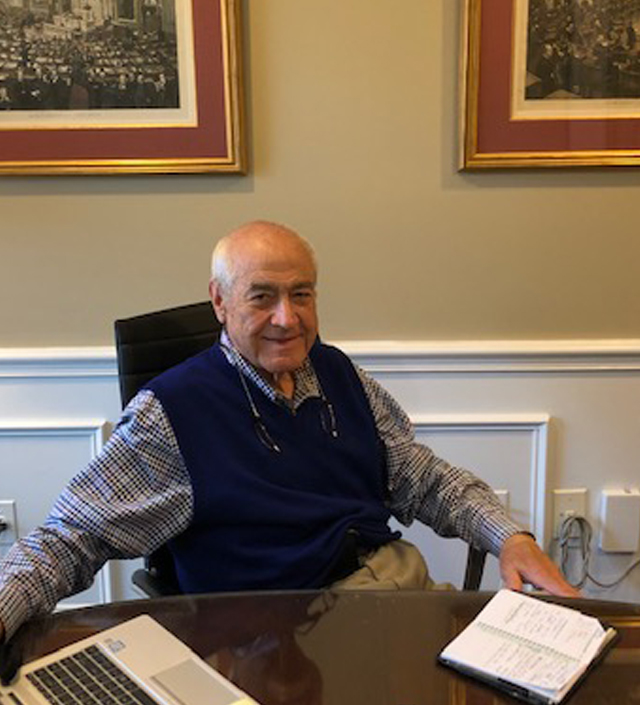It’s back to school at the nation’s colleges and many have reopened with in-person classes. While the Delta variant may force schools to again shift to online learning, advisor Don Rembert is also very concerned about the increasing number of colleges in danger of permanently closing their doors.
Rembert — the founder of RIA firm Rembert Pendleton Jackson (RPJ) in Falls Church, Va., and a trustee at McDaniel College in Westminster, Md. — spoke with Rethinking65 about this growing problem and offered suggestions on how advisors can help clients do a better job supporting their alma maters.
Jerilyn Klein: Don, you recently told me school closings are “coming like a tsunami” and “You’ve got to fill all the seats if you’re going to be economically viable,” as a college. COVID-19 has obviously been a huge disruptor, but why else have colleges been struggling since prior to the pandemic?
Don Rembert: As birthrates and the number of high school graduates have declined, the college-age pool is dramatically shrinking. You then have the educational cost side of it, where you’re looking at anywhere from $200,000 to $250,000 to as high as $300,000 to get a B.A. or B.S. These enormous costs are stretching families to the absolute limit. We also have this mindset in this country that you have to have a college education to get along, but the percentage of the population that does is still small, comparatively, although it has risen.
Nathan Grawe discusses the declining college pool in his book “Demographics and the Demand for Higher Education,” published by Johns Hopkins University Press. Using his High Education Demand Index (HEDI), which looks at many changing demographic factors, he projects a continued declined in college attendance among many smaller colleges. I bought 43 copies of this book and sent them to my fellow trustees at McDaniel College. [Rembert graduated in 1961, when it was called Western Maryland College.]
Grawe got it right, but there are also tons of other studies that recognize this problem — he’s not the Lone Ranger. The train has left the station on this issue.
Since 2016, nine colleges in Massachusetts and five colleges in Vermont have closed, merged, or announced plans to do so.

Although elite schools are still going to attract students, for smaller, lesser-known schools it’s going to be a battle royal to try to induce upper-crust, paying students to attend. Smaller-endowed colleges are hanging by their fingernails and the competition to fill their seats is an absolute knock-’em-dead business. It’s a massive problem across the country.
By 2030 or 2032, as many as 700 of the nation’s 3,000 private colleges and universities that were around a decade ago could be gone, from what I’ve read. Although it’s already happening, 2026 or 2027 is when the real impact will hit and presumably it’ll be more devastating.
Klein: You mentioned that low endowments will “be a major, major issue in the next 25 years.” Why are many colleges having a harder time attracting donors?
Rembert: Most colleges are tuition-driven and don’t have big endowments like Harvard. But part of the problem behind very small endowments is that many schools have terrible, terrible participation by alumni. I blame that on college administrators, alumni associations and also college trustees. They haven’t paid enough attention to getting people to embrace the idea of giving back or contributing back to their schools. Alumni often say they’re only contacted when somebody is asking for money.
Instead, schools need to reengage alumni and keep bringing them back for events on campus and through local chapters. Of course, this has been difficult with COVID. But if you’re not getting support from your alumni, you’re also having trouble convincing foundations why they should support you — it’s a two-edged sword.
Subscribe (Minimal 2024)
School name changes and woke business on campus have also alienated some alumni. I’m afraid that if schools don’t really hunker down and pay attention to their alumni base, and make sure they try to keep that working — plus attract students who can afford to come to the school — there’s going to be a bunch of failing.
Klein: What suggestions do you have for wealth management clients who want to donate to colleges and universities, either currently or as part of their legacy planning?
Rembert: Charitable trusts are absolutely fantastic. You get a charitable deduction in the year in which you set it up and then you have the right to give out to charities of your choice, starting now. Remember, the problem is colleges need funding now.
Giving through a charitable trust is painless — you can give stock, cash, whatever you want. I’d rather give my money to a charity that I feel can meet the needs of a college, community or other group — and pay less taxes — than have this irresponsible, feckless government that we’ve got dole out the money. It doesn’t matter what party — they’re so irresponsible it hurts my head.
I want to give to the charities I choose, and do it justly and by the books, according to the tax laws. Clients could also give to a college through a donor-advised fund, as a family.
I have one client family that I brag about because they’re really sweet. They went to Davidson College. In fact, we just had this discussion about a week ago when they were asking about ways to continue giving to their school. Davidson has one of the highest participation rates in the country for alumni giving because the school has nurtured it.
You have to be super careful about talking to clients about giving to colleges because, if they don’t have a charitable intention, I think we’d be out of line to recommend they do it. But when clients have a charitable intention, then the question is how best to do it.
Klein: How do donors know what schools are doing with their gifts, or if the colleges they give to will be solvent enough to stick around?
Rembert: If a donor really wants to get into the nitty-gritty of that, they can look at the Form 990 that colleges must file every year. It’s a federal form and it’s public information. Maybe only 8% of people look at it, but it’s out there for those who take the time. They can also stay on top of trustees and find out about a college’s budget. There’s a lot of ways for donors to get their nose under this tent, so to speak.
Klein: You’ve been a trustee at McDaniel for more than 13 years. What do you do in that role and what do you like about it?
Rembert: We’re always trying to reengage alumni — not so much for money, just for participation. We ensure we know who they are, where they are, and how to engage them. It’s a money issue, it’s a trustee issue, and it’s also a management issue, in terms of having people on staff eligible and capable enough to reach out. You can’t do it on a shoestring.
I’m also trying to meet my fiduciary duty to the institution. As trustees, we have a duty on any issue to put the interests of the institution first and foremost. I think the responsibility is to make sure we have a sustainable school.
And as I’ve said before, the real mission, in my opinion, of any school is you’ve got to help kids find their passion in life. And if you can do that, what you’ll get is not only a loyal student or loyal alumni, but you’ll turn that person into a fervent believer in their ability to make a difference.
Jerilyn Klein is editorial director of Rethinking65.







